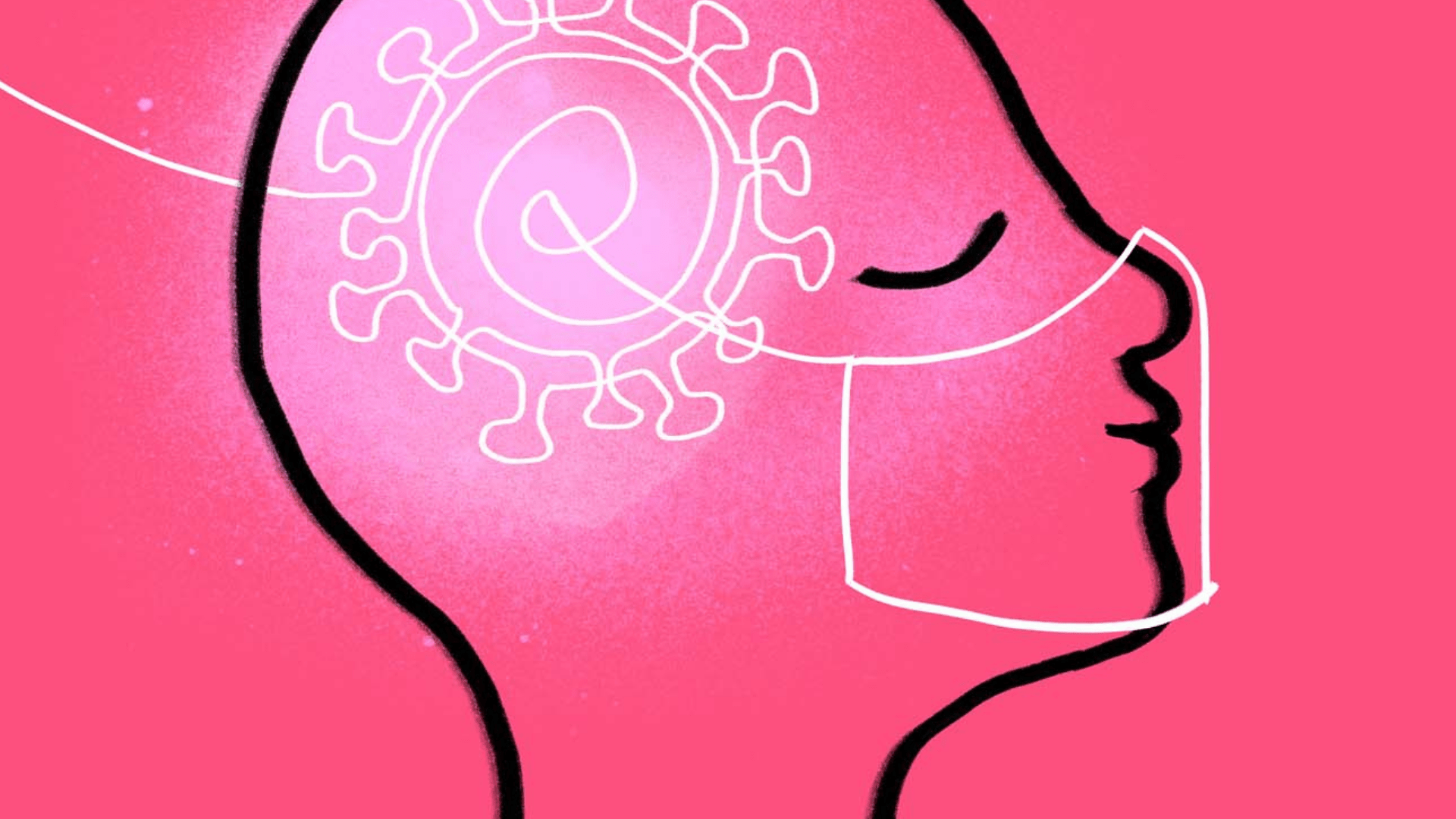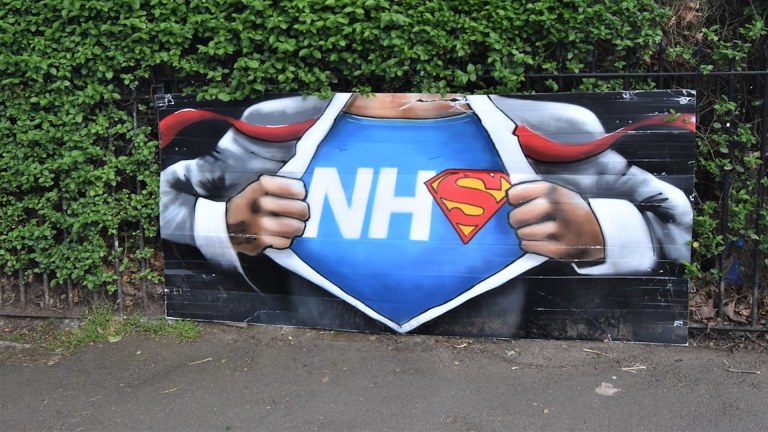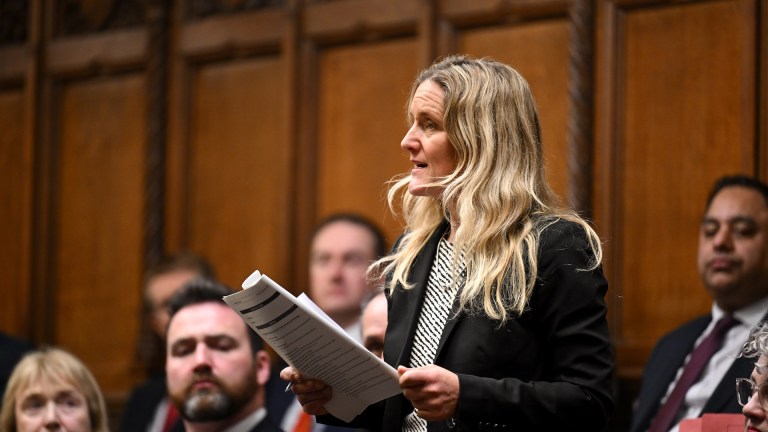So much focus has been on the bad until now, and there are genuine risks and dangers, but social media is also a great resource for finding help with your mental health issues, to reach out and find folk with similar experiences and sympathetic ears. And this can make all the difference.
More broadly, the boom in development and use of communication technology could well lead to greater access to mental healthcare. Remote therapies via Skype or Zoom have been a key area of research for many years, as one major hurdle with mental health problems is to get the sufferer to the clinic. The pandemic will likely make it easier for the therapist to ‘go to them’, in the virtual sense. Again, this could make all the difference in many cases.
Pre-existing mental health issues are reduced by the pandemic
While there has been an undeniable decline in the overall quality of the mental health of the UK population during the pandemic and lockdown, with many more people reporting mental health problems, it’s interesting to note that the vast bulk of these numbers come from people who didn’t have any pre-existing issues.
Bizarrely, those who were already dealing with severe depression, anxiety and OCD typically report that their problems are actually unchanged. In fact, according to a Dutch study, they often get marginally better. What’s going on there?
There are a lot of potential reasons for this. Depression and anxiety are often described as issues where you’re preoccupied by the belief that the worst has, or will, happen. If you’re living through a pandemic, that just means you’re right! And that can actually reduce stress, and therefore symptoms.
Advertising helps fund Big Issue’s mission to end poverty
There’s also how a lot of the problems from depression and anxiety come from social expectations and norms (going to work, conversing with others, countless social engagements), and they render you unable to conform to them. The pandemic has put a stop to most of that, so those with existing mental health problems may be getting some much-needed breathing room to get to grips with their issues.
It’s not great that so many more people are experiencing mental health problems. But it’s nice that those who already had them can maybe feel a bit better.
Children and teens may end up being more resilient
Another common moan in recent times is how modern children are too ‘pampered’. Many an ageing adult has crowed about how much harder it was in their day, with their 12-mile walk to school, with no shoes, over broken glass.
It’ll be harder to do that now, with all children having lived through the most stressful, chaotic event in modern history, with all their freedoms and friends and schools and holidays suddenly taken from them. There are many concerns that children will develop worse because of this, which is a valid point. We’re already seeing a rise in depressive symptoms shown in school-age children sadly.
“A number of studies have shown teens to be surprisingly resistant to the mental health impacts of lockdown, unlike most other age groups”
But then, maybe this is a short-term thing? If older folk are right and adversity during childhood results in resilient adults (and there is some evidence to suggest this does happen, in some cases), then this pandemic could lead to the strongest generation of adults in modern times.
That’s a bit of a long shot, admittedly, but a more interesting outcome of the pandemic is on the mental health of teenagers. A number of studies have shown them to be surprisingly resistant to the mental health impacts of lockdown, unlike most other age groups.
Advertising helps fund Big Issue’s mission to end poverty
It makes sense when you consider that the adolescent brain is going through many stressful changes, which can make teens more emotional and more socially sensitive. This is why they need more sleep, need to fit in, are terrified of being excluded and are constantly arguing with parents.
The pandemic has removed many stresses for modern teens. They don’t need to keep to school hours, so can sleep more. They aren’t missing out on anything, because nothing’s happening. Everyone’s all part of the same isolated gang. And thus, their mental health isn’t under as much pressure as usual.
These are, admittedly, some small consolations for what the pandemic is doing to us and our mental health. But it never hurts to look at the positives.
Psycho-Logical by Dean Burnett is out on February 4 (Guardian Faber, £9.99)










